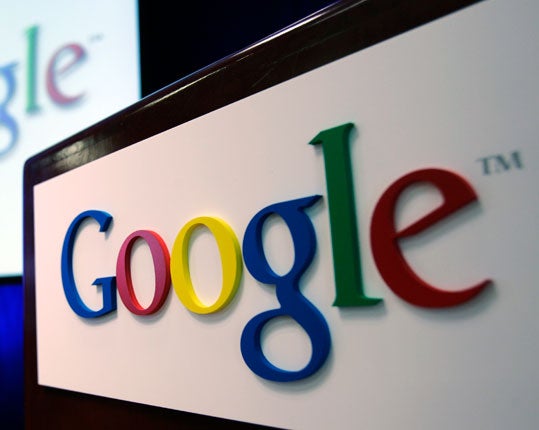Warning over Google privacy changes

Civil rights campaigners have warned that people are "in the dark" about how Google's new privacy policy could affect them.
The policy came into effect today, despite warnings it might violate the European Union's data protection rules.
The change means private data collected by one Google service can be shared with its other platforms including YouTube, Gmail and Blogger.
Nick Pickles, director of privacy and civil liberties campaign group Big Brother Watch, warned that not enough had been done to ensure users were aware of what the changes meant for them.
Google has said the changes will allows users to navigate between different services more easily and make search results more relevant.
But the EU's data protection authorities are concerned about the privacy effects of the policy and have asked French regulator CNIL to investigate.
CNIL said its "preliminary analysis shows that Google's new policy does not meet the requirements of the European Directive on Data Protection".
In a letter posted on its website, CNIL said Google's explanation of how it will use the data was too vague and difficult to understand "even for trained privacy professionals".
Google have said they are happy to discuss any concerns over the changes.
Peter Fleischer, Google's global privacy counsel, said: "Over the past month we have asked to meet with the CNIL on several occasions to answer any questions they might have, and that offer remains open.
"We are committed to providing our users with a seamless experience across Google's services, and to making our privacy commitments to them easy to understand."
But Mr Pickles said there needed to be more transparency from companies such as Google on how they used customers' personal information.
He said: "The impact of Google's new policy cannot be understated, but the public are in the dark about what the changes actually mean.
"Companies should not be allowed to bury in legal jargon and vague statements how they handle our personal information and it is very positive that the Article 29 Working Group are seeking to ensure consumers understand what the detail of Google's new privacy policy means.
"If people don't understand what is happening to their personal information, how can they make an informed choice about using a service?"
Conservative MP David Davis, a prominent campaigner on civil liberties, said: "If the state collected the amount of information on individuals as Google does there would be uproar.
"If Google continues to deliberately and sometimes covertly intrude on people's privacy then they are inviting countries to legislate to limit the freedom of action of all web companies.
"This would not necessarily be a good outcome. Companies with leadership like Google should think very hard before they over-exploit their dominant position."
PA
Join our commenting forum
Join thought-provoking conversations, follow other Independent readers and see their replies
Comments
Bookmark popover
Removed from bookmarks